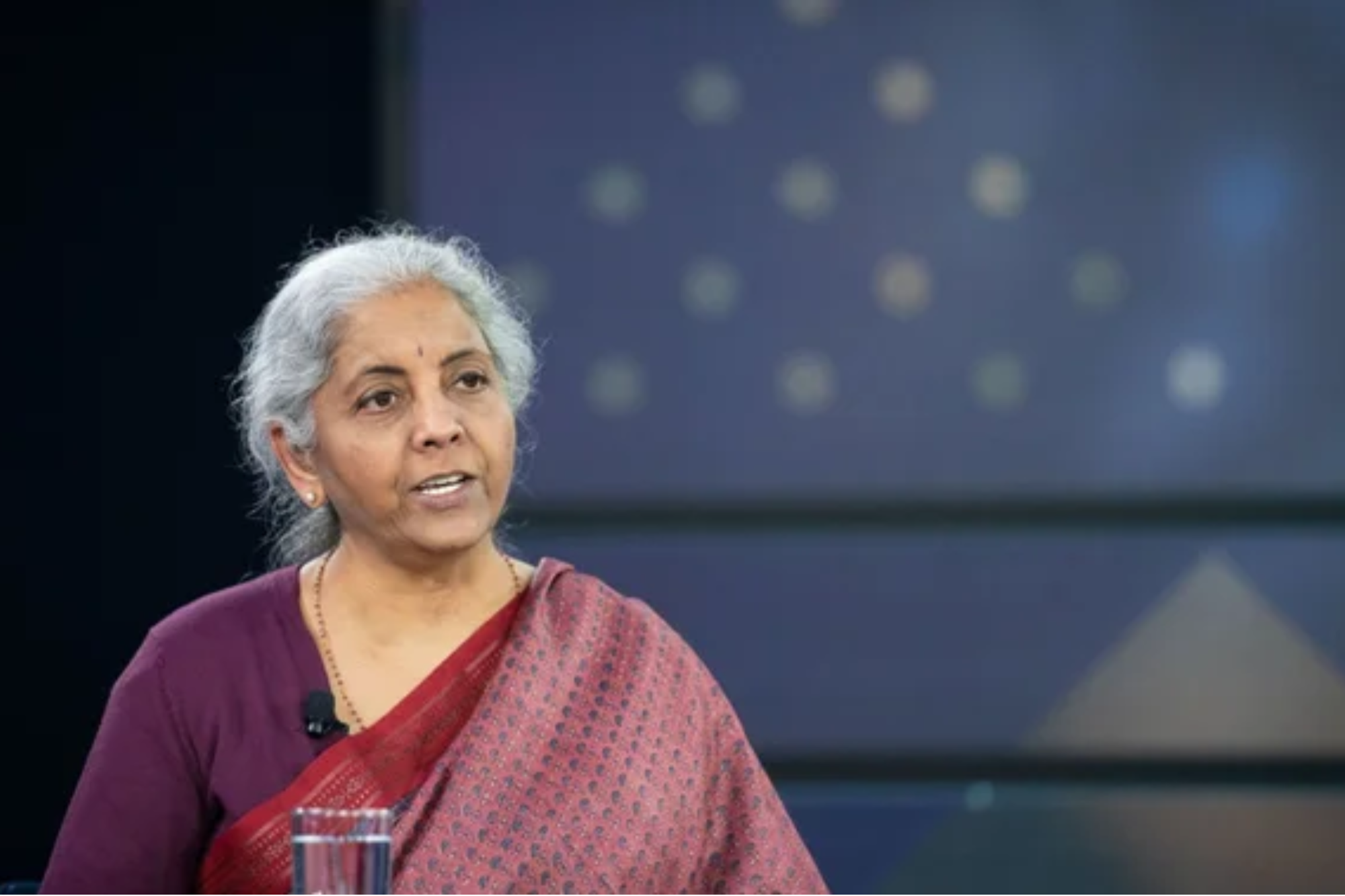Touch vs Voice: Who is Winning the Battle for 2019? These factors will play a crucial role in the way humans interact with machines
Opinions expressed by Entrepreneur contributors are their own.
You're reading Entrepreneur India, an international franchise of Entrepreneur Media.

In recent times, voice first interfaces & ecosystems such as Google Assistant, Alexa and Siri have taken the world by storm. A statistical analysis by ComScore predicts that 50 per cent of all searches will be done by voice by 2020. Voice User Interface (VUI) is now being used beyond customer service and search. Alexa is being used to play games, get a weather report, set an alarm and even control compatible smart homes. This is being driven by rapid advancements in Machine Learning (ML) & Artificial Intelligence (AI), that have made machines better at recognizing & understanding human conversations.
Why Voice?
Voice has its clear advantages. It allows users to multitask and avoid complex navigation menus. But it also has challenges like the inability to handle tasks involving larger datasets. The combination of Voice User Interface (VUI) and Touch User Interface (TUI) can address these challenges. The voice and touch interfaces complement each other and when used together, can deliver new transformative end-user experiences.
Voice User Interface is great as a natural input interface. It's fast, easy and intuitive. Imagine being able to see your bank statement with a single voice command. For example, the user says, "I want the statement from last November to March this year" and the banking app immediately shows the statement. Now, compare this to the 10 to 15 clicks and the 2 to 3 intermediate menus you would need to navigate to complete this task in a traditional touch interface.
Advantages of Touch
Touch User Interface is a rich, comprehensive, high-bandwidth output interface. Touch when combined with a voice can yield satisfactory results for the user. For instance, the user's food ordering experience would be enhanced, if instead of ordering food via a voice only interface like Alexa the user could ask the food app "What's available for dinner at a certain restaurant" and be presented with a list of possible choices to touch, browse & select from.
Therefore, in the future, Voice Augmented Experiences (VAX) that marry voice and touch interfaces would become the de-facto experience, providing greater convenience and speed to the audience that is already starting to expect voice interfaces everywhere. According to a report by Statista, in 2018, 390.9 million people accessed the internet through their mobile phone in India. This figure is projected to increase to 500.9 million mobile phone internet users by 2023. This surge in mobile-first / mobile-only users from developing economies has happened due to the rise in affordable mobile devices, an increase in internet penetration and the emergence of voice as an enabling interface. Change in social dynamics, rapid urbanization and the proliferation of mobile services have contributed to an increase in internet consumption. With a growing Internet penetration, India is likely to become one of the largest Internet markets in the world and this growth could be mainly driven by the growing number of mobile device connections.
The Combination
The voice revolution, when combined with touch, provides greater opportunities for building experiences that appeal to these emergent users, enabling them to go beyond just voice search. In the developing world, users prefer voice, images and videos, over text. Therefore, products based on user preferences would be the key for businesses to succeed in emerging markets. We live in a time where intelligence driven technologies and interfaces have the capability to cause unimaginable changes in the way humans and machines interact with each other. Devices in the future will be better at analyzing and responding to human emotions, thanks to Artificial Intelligence systems that use deep-learning technology to measure the facial and verbal expression of emotion. These factors will play a crucial role in the way humans interact with machines. The time is now for product teams to take advantage of this and step up to redefine end-user experiences.









